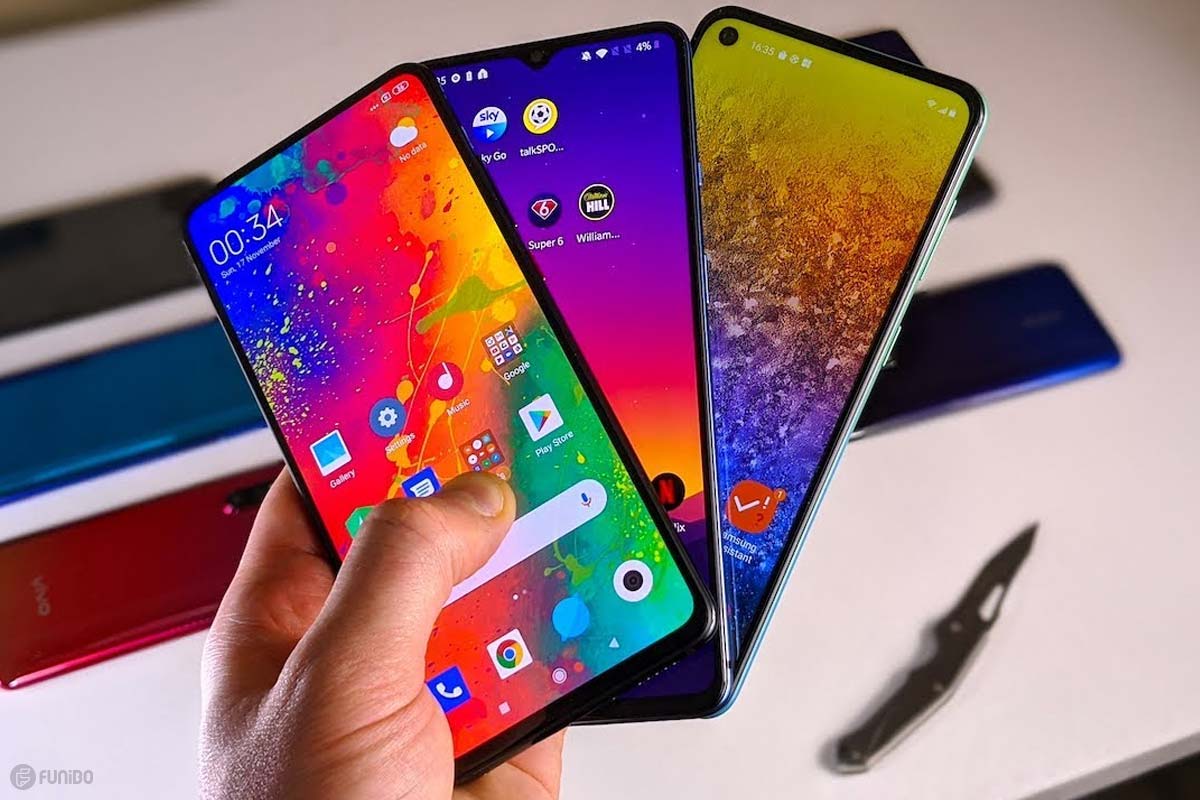Blue Light from Your Phone May Be Permanently
Blue Light from Your Phone May Be Permanently Damaging Your Eyes
Too much screen time can wreck your eyes.
Smart phones, laptops, and other handheld devices all transmit light. However, the blue light in particular may be toxic for your eyes.
Scientists at the University of Toledo may have discovered how blue light emitted from your technology has a potential to lead to macular degeneration — one of the leading causes of vision loss in the United States.
Macular degeneration is the result of photoreceptor cell death in the retina.
The function of the photoreceptor cells is to capture visual images and signal them to the brain using a molecule called retinal.
Retinal, which is produced by the eye, is triggered by blue light and causes various chemical reactions. These reactions within the eye can be poisonous to the photoreceptor cell molecules rendering them damaged.
When these photoreceptor cells die, there’s no regeneration.
Don’t freak out just yet
Despite the discovery that the combination of blue light and retinal can damage cells, the experiments were conducted in a laboratory setting, not on eyes themselves.
Karunarathne and his team conducted the study to understand the mechanism and ability to which blue light causes cell death — they’re unsure if this occurs in the eye itself.
In a statement on his university web site, Karunarathne states, “We caution the public that our study does not show that light from mobile devises or other digital screens cause blindness.”
He continues, “Whether blue light from mobile devises and digital screens induces similar toxicity levels is an unanswered question and is currently under investigation.”
Although age-related macular degeneration affects people of all ages, it’s most likely to occur after age 60Trusted Source. However, experts suspect this may come sooner with the increased use of blue light technologies.
Protecting yourself may seem as easy as avoiding blue light — but it may not be that straightforward.
Not only does blue light come from our digital devices, it also comes from natural sunlight.
Also, certain situations such as using your technology at night can intensify the blue light as well. Transmitted blue light, especially in the dark, channels the light into a very small area inside of your eye.
One study author relates this phenomenon to using a magnifying glass in the sun — the light can become so intense and focused that it can burn your eye.
The blue light from these screened devices can also lead to dry eyes.





ارسال دیدگاه
مجموع دیدگاهها : 0در انتظار بررسی : 0انتشار یافته : ۰